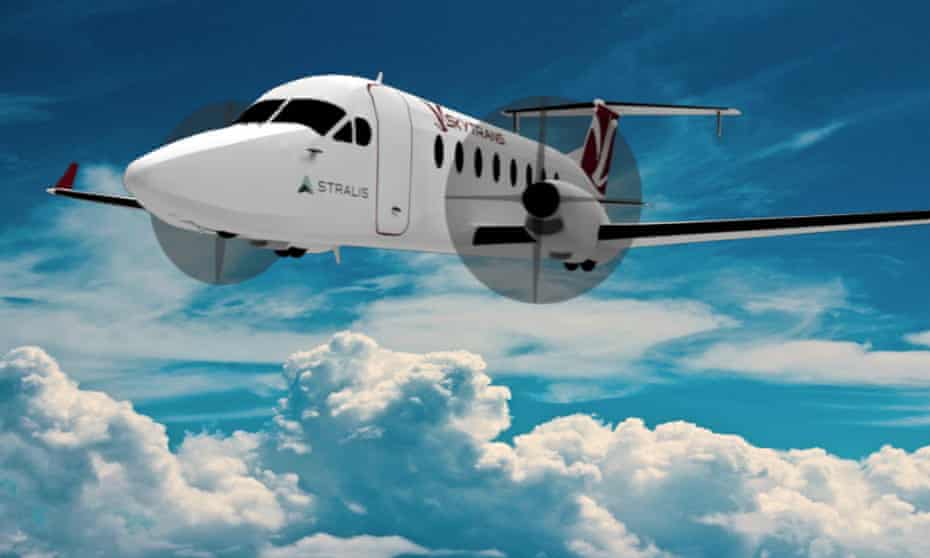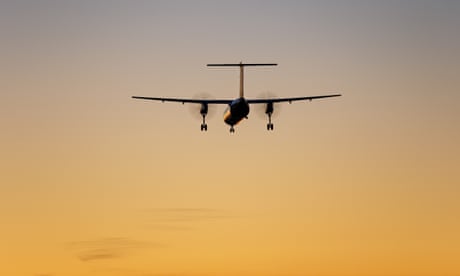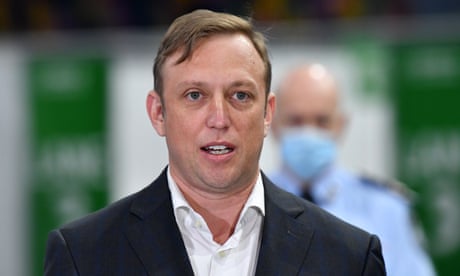Extract from The Guardian
Hydrogen is a ‘truly sustainable solution’ for aviation which has so far been hard to decarbonise, says aircraft maker Stralis.

The airline, Skytrans, which operates out of Cairns and flies to Cape York and the Torres Strait, says the first plane will be in the air by 2026.
Skytrans chief executive, Alan Milne, said the project would allow the carrier to “lead the nation” in reducing the environmental impact of the aviation industry and would help Skytrans become a completely net zero airline by 2050.
Aviation is responsible for about 2% of all greenhouse gas emissions globally and is recognised as a sector that is particularly hard to decarbonise.
Skytrans has said it will work with aircraft company Stralis to retrofit a 19-seat Beech B1900D-HE. The converted plane will have a range of 800km, seat 15 people, and will initially operate at similar costs to conventionally powered aircraft.
“What’s quite unique about this project is it’s looking to develop a powertrain that can be retrofitted,” Griffith University researcher Dr Emma Whittlesea said.

Whittlesea will be supporting the project with other experts from Griffith University and believes the project will be well poised to capitalise on an “emerging” global market and the proliferation of a local green hydrogen industry in Queensland.
Stralis co-founder and chief operating officer, Stuart Johnstone, said the new industry would allow the engines to achieve a 25% drop in operating costs by 2035 as the cost of producing hydrogen falls over time.
Stralis aims to help airlines decarbonise and Johnstone said hydrogen is “the most commercially viable, truly sustainable solution” on the market.
However, Keith Tonkin, the managing director at advisory firm Aviation Projects, said there were still substantial hurdles to be overcome to make hydrogen-fuelled planes feasible.
“Broadly speaking, we’re talking about brand new technologies and trying to create a new system of energy provision around the world for hydrogen. There’s a whole load of supply chain tasks to put in place for getting the hydrogen out to the places where the aircraft are,” he said.
“Also making [green] hydrogen needs lots of power, so there’s also work to do in renewable energy.”
Tonkin said Skytrans’s isolation from the main supply chain as a regional carrier serving mainly Queensland could hinder its ability to make the flights commercially viable. But the former air force pilot and aviation veteran agreed that hydrogen fuel cells are currently the “ultimate solution” for the industry. He said the fuel’s ability to produce high amounts of energy with no emissions was a “gamechanger” and believed the project was promising.
Whittlesea agreed: “It’s quite a risk in a way. I mean, it’s a great place in terms of the market, because there’s lots and lots of smaller regional airlines that the solution can be viable for. But in terms of getting the support from government, there’s not the same policy framework that there is in other countries.
“The strategic framework in Australia to support this type of thing does not exist. We haven’t even got commitments for aviation to reduce emissions.”
Earlier this month the European Commission launched an “alliance for zero-emission aviation” to help airlines consolidate and work together to scrap emissions by 2050. Prior to the election, Whittlesea and 17 other aviation experts came together to launch FACTS: A Framework for An Australian Clean Transport Strategy with the intention of matching overseas initiatives. They hope that by introducing clearer targets, plans and subsidies that Australia will be able to speed up the decarbonisation of its transport networks.

“Queensland
is ramping up its capacity to produce green hydrogen, ‘bottled
sunshine’, from local wind and solar resources. Stralis will take
advantage of this to help companies like Skytrans continue to provide
affordable air travel as the world transitions to net zero,” said
Johnstone.
“This could be a win for Queensland industry and [could] support their efforts to transition to a low carbon economy.”
European aircraft manufacturer Airbus last year announced its plans for hydrogen-fuelled zero-emission commercial aircraft that could take to the skies by 2035.
It released three different aircraft concepts including a 200-passenger jet capable of flying more than 2,000 nautical miles, a turboprop design carrying up to 100 passengers for 1,000 nautical miles on short-haul trips, and a blended wing design.
Other manufacturers have also pledged hydrogen-fuelled aircraft, including Aviation H2, another Australian company, and Connect Airlines.
No comments:
Post a Comment